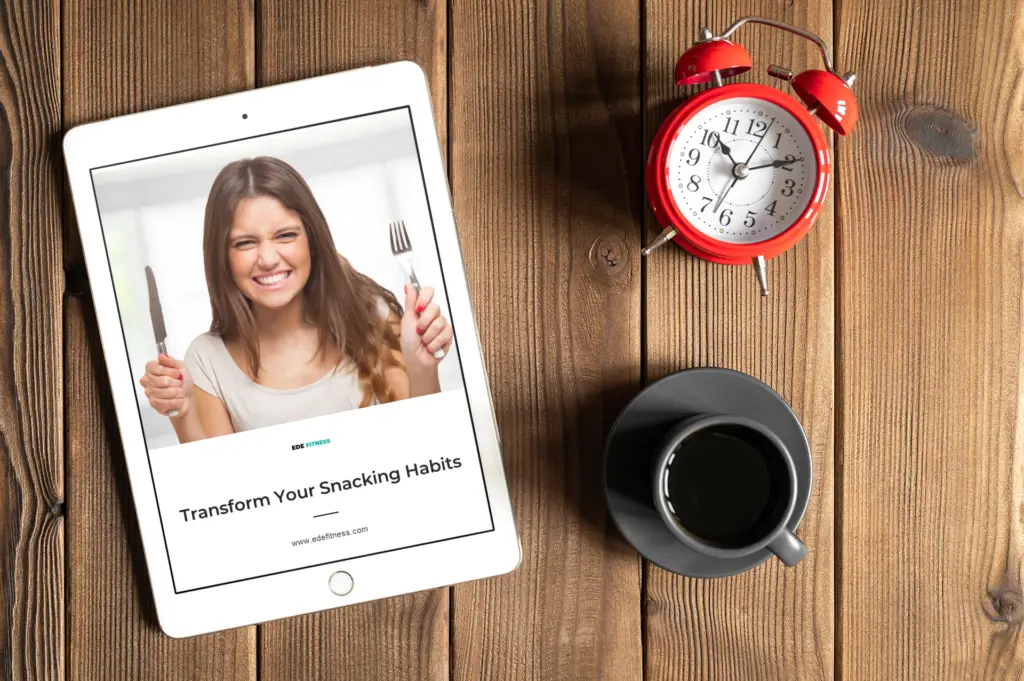Unlock the 7 Secrets to Supercharge Your Immune System
In the face of a global health crisis, the importance of a robust immune system has never been more apparent. Our immune system is our body’s first line of defence against harmful pathogens, and it plays a crucial role in maintaining our overall health. But did you know that your lifestyle choices, particularly your diet and exercise habits, can significantly influence the strength of your immune system?
The Role of Nutrition and Exercise in Immune Health
Research has consistently shown that a balanced diet and regular physical activity can significantly enhance our immune function. A study published in *Frontiers in Physiology* highlighted the synergistic effects of nutrition and physical activity in boosting the immune system. The study found that long-term physical activity is beneficial in improving the immune system and preventing various infections [source](https://www.frontiersin.org/articles/10.3389/fphys.2020.00254/full).
The 7 Secrets to Supercharge Your Immune System
1. Incorporate Immune-Boosting Foods
Nutrition is your immune system’s best friend. Incorporate these foods to strengthen your immune response:
Citrus Fruits: Rich in Vitamin C, which boosts white blood cell production.
Broccoli: Packed with vitamins A, C, and E, as well as fibre and antioxidants.
Garlic: Contains compounds that help the immune system fight germs.
Ginger: May help decrease inflammation and reduce sore throats.
Yogurt: Contains probiotics that help stimulate the immune system.
A diet rich in fruits and vegetables, which are high in antioxidants, can help protect against harmful pathogens (source)
2. Maintain Regular Exercise
Regular moderate exercise reduces the risk of infection compared to a sedentary lifestyle. Exercise helps decrease your chances of developing heart disease and keeps your bones healthy and strong. A study from the *University of Bath* underscores the importance of regular exercise in enhancing immune function and reducing infection risk (source).
Effective exercise routines for immune health include:
Aerobic Exercise: Walking, jogging, and cycling.
Strength Training: Lifting weights or doing body-weight exercises.
Flexibility and Balance Exercises: Yoga and stretching.
3. Stay Hydrated
Water is essential for maintaining the balance of body fluids, which is crucial for your immune system. Proper hydration ensures that your body can efficiently transport nutrients to your organs and flush out toxins.
4. Get Adequate Sleep
A poor diet and lack of sleep are linked to adverse health outcomes, including a weakened immune system. It’s crucial to get 7-9 hours of sleep per night to allow your body to repair and regenerate.
5. Manage Stress
Chronic stress can suppress the immune response by releasing cortisol, a hormone that inhibits the immune system. Incorporating stress management techniques such as meditation, deep breathing exercises, and yoga can help keep your immune system strong.
6. Avoid Smoking and Limit Alcohol Consumption
Smoking and excessive alcohol consumption can weaken your immune system. Smoking damages the lungs and reduces the effectiveness of your immune response, while excessive alcohol consumption can interfere with the body’s ability to repair itself.
7. Consider Probiotics and Supplements
Probiotics can help stimulate the immune system by promoting a healthy balance of gut bacteria. Additionally, supplements such as Vitamin C, Vitamin D, and Zinc can provide an extra boost to your immune system when dietary intake is insufficient.
The Importance of a Healthy Lifestyle
A healthy lifestyle, which includes a balanced diet and regular exercise, is essential for maintaining a robust immune system. A study from the Harvard T.H. Chan School of Public Health stated that a balanced diet consisting of a range of vitamins and minerals, combined with healthy lifestyle factors like adequate sleep and exercise, can significantly enhance immune function (source).
Nutrition and Sleep: A Powerful Duo
Incorporate a variety of nutrients in your diet and ensure you get adequate sleep to maintain immune resilience.
The Role of Regular Exercise
Exercise promotes healthy circulation, which allows immune cells and substances to move through the body freely and do their job efficiently.
Your Immunity Support Pack
While it’s clear that a healthy lifestyle can boost your immune system, it can be challenging to know where to start. That’s why I’ve created a comprehensive Immunity Support Pack to provide you with all the information you need to strengthen your immune system. This valuable resource is included in the programs I design for my coaching clients.
What’s Inside the Immunity Support Pack?
The Immunity Support Pack is a free resource with detailed information on the best foods for immune health, effective exercise routines, and much more. It’s designed to be a practical guide, helping you make the lifestyle changes necessary to boost your immune system.
By accessing the Immunity Support Pack, you’ll get a wealth of information to help you live a healthier, more immune-resilient life, including immune-boosting recipes.
Transform Your Snacking Habits
Alongside boosting your immune system, transforming your snacking habits can play a significant role in overall health improvement. Download my guide, **Transform Your Snacking Habits**, for practical tips and delicious, healthy snack ideas that will keep your immune system in top shape.
Download Your Guide Today!
Don’t miss out on this valuable resource. Download your Transform Your Snacking Habits guide now and take charge of your health today. Click the link below to get started:
Download Your Free Transform Your Snacking Habits Guide Now!

References
1. Physical Activity and Nutritional Influence on Immune Function: An Important Strategy to Improve Immunity and Health Status
https://www.frontiersin.org/articles/10.3389/fphys.2020.00254/full
2. The Role of Nutrition in Enhancing Immunity in Aging
3. Nutrition and Immunity | The Nutrition Source | Harvard T.H. Chan School of Public Health
https://www.hsph.harvard.edu/nutritionsource/nutrition-and-immunity/
4. Regular exercise benefits immunity – even in isolation – University of Bath
https://www.bath.ac.uk/announcements/regular-exercise-benefits-immunity-even-in-isolation/
5. How and why does diet influence immune function? – Medical News Today
https://www.medicalnewstoday.com/articles/325647
Disclaimer: This blog post is intended for informational purposes only and does not constitute medical advice. While I am a certified Nutritionist and Personal Trainer, I am not a healthcare professional. The information provided in this post is based on my personal experiences, professional expertise, and available research. It should not be used as a substitute for professional medical advice, diagnosis, or treatment. Always seek the advice of your healthcare provider with any questions you may have regarding a medical condition or treatment and before undertaking a new health care regimen. Never disregard professional medical advice or delay in seeking it because of something you have read on this blog.


